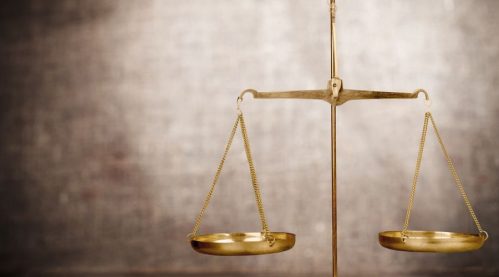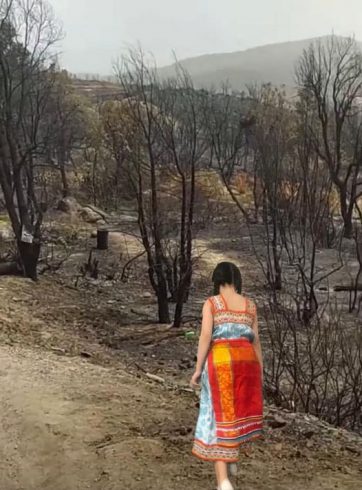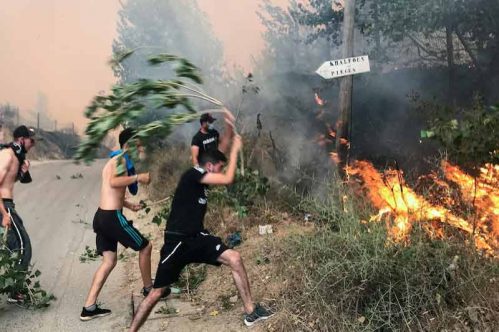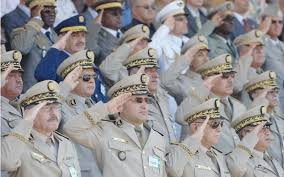Football gives voice to the Kabyle people’s struggle for liberty and recognition – in this article, Robert O’Connor shines light upon how the newly formed Kabylian International Men’s football team empowers brave players and staff to resist the oppression of the Algerian colonialism – JHF.
ROBERT O’CONNOR
Kabylia sits at the northern tip of Africa, on the lip of the Mediterranean. It is home to some 7.5 million people, with footballing glitterati such as Karim Benzema and Zinedine Zidane part of a richly woven football heritage. Nominally, legally, these lands belong to Algeria.
But there is an “otherness” felt by the Kabylian Berbers about their place within Algeria. Ideologically, Kabylian people represent the possibility of a culturally pluralistic Algeria, an alternative to the more monolithic Arab-Islamic model of the country desired and pursued by the state government.
That feeling extends to football, says Lyes Imemmai, an Algerian national of Kabylian Berber heritage who is the head coach of a newly formed Kabylia national team. “They always tried to break us,” Imemmai says of the Algerian response. “It’s the independence movement that the Algerian police are afraid of, 100 percent.
“There is no possibility to talk football in Kabylia without touching the subject of independence.”
On April 15, thousands took to the Paris streets to lend their voices to the cause of Kabylian liberation, with the diaspora out in force in a gesture of solidarity.
For one man, the time for affirmative action had already arrived.
In March 2018, Aksel Bellabbaci sat in a cafe in his hometown, Tizi Ouzou, sipping coffee, preparing for a press conference that would never take place.
Four years earlier, he had watched Algeria compete in the 2014 World Cup in Brazil. This team, he decided, represented a nation to which he could not relate. He saw nothing of his own proud Kabylian Berber heritage in what was a culturally and ethnically Arab Algerian side. Bellabbaci sat on the idea until June 2017, when the bell of opportunity began to toll.
At that same moment, in Paris, another Kabylian exile, a popular 1970s singer named Ferhat Mehenni, was learning about the existence of the Confederation of Independent Football Associations (CONIFA), a registered charity based in Sweden, offering the sport’s isolated and disenfranchised the chance to play competitive football.
Bellabbaci himself was the state secretary for sport in the Kabylian provisional government in exile, also based in Paris. Soon, he and Mehenni were exchanging notes. The road opened up for a new chapter in the Kabylian story: a national football team for Kabylia.
The third member of the founding triumvirate was Imemmai. He was at a ceremony in Brussels to mark the annual day of celebration of Kabylian culture when he first heard of the plans.
Preparations, he learned, had begun in Paris for a possible Kabylia team to represent the embattled territory at a football tournament in London for the unrecognized peoples of the world.
“That was when I first heard about Aksel,” Imemmai says of those early meetings in June 2017. “So I looked him up and said, ‘I’m available to help if you need it.'” A partnership was born.
The call went out on social media for footballers of Kabylian birth to make themselves known. The response was encouraging. Within weeks, Imemmai had flown to Kabylia to touch base with those who had shown interest, and over the course of days and weeks, a squad was assembled, amateurs all but brimming with heart.
What followed was a whirlwind of activity, as Imemmai and Bellabbaci’s hastily assembled team raced through 10 games in a little over two months in a frantic dash to fulfill CONIFA’s qualification criteria. With a traditional qualifying tournament impossible under the unique circumstances in which CONIFA works, member teams collected points by competing in “qualification” games against local sides, with the results collated into a global-league table to determine who progressed to London.
On September 2, the CONIFA board confirmed that Kabylia had placed among the top two African member associations, sealing the team’s place at the finals barely three months after they first applied for membership. The same day, Algeria lost 3-1 in Zambia, eliminating them from the FIFA World Cup. Kabylia rejoiced. But the team’s problems were just beginning.
Six months later, as Bellabbaci sipped his coffee in Tizi Ouzou, he was joined by two policemen. Later that day, a heavy police presence descended on his village and cut off routes in and out of town. “There were five police in total that I saw patrolling my garden,” Bellabbaci says.
Word of his and Imemmai’s work with the Kabylia team had travelled predictably fast. The particular sensitivities of the local Tizi Ouzou government over the independence question had been pricked. The authorities were interested now.
“Fortunately, I know how the police system works,” Bellabbaci says of his interrogation. “I said, ‘Show me your documents, your papers.’ I’m not going to back down. They didn’t have the authority to shut me down. I was clever.”
It began with just two officers. Then it was five. Soon, his house was surrounded, a convoy of black SUVs with smoked windows. In the end, exasperated with Bellabbaci’s non-cooperative stance, the police arrested him.
“Twenty of them came to my house,” he says. “That’s when they took me. Was I scared? We’re all human. But the feeling of a strong identity can get you through it.”
He was held in custody for nine hours. Different tactics were used to try to break his spirit. By Bellabbaci’s count, all 20 officers took a turn. Some made threats. Others feigned sympathy and were more conciliatory. One proposed alterations to the London plans, a compromise of sorts.
Some even made threats against his family. “They said that my family in France could get hurt if I continued my work. They even knew their names.






Leave a Comment